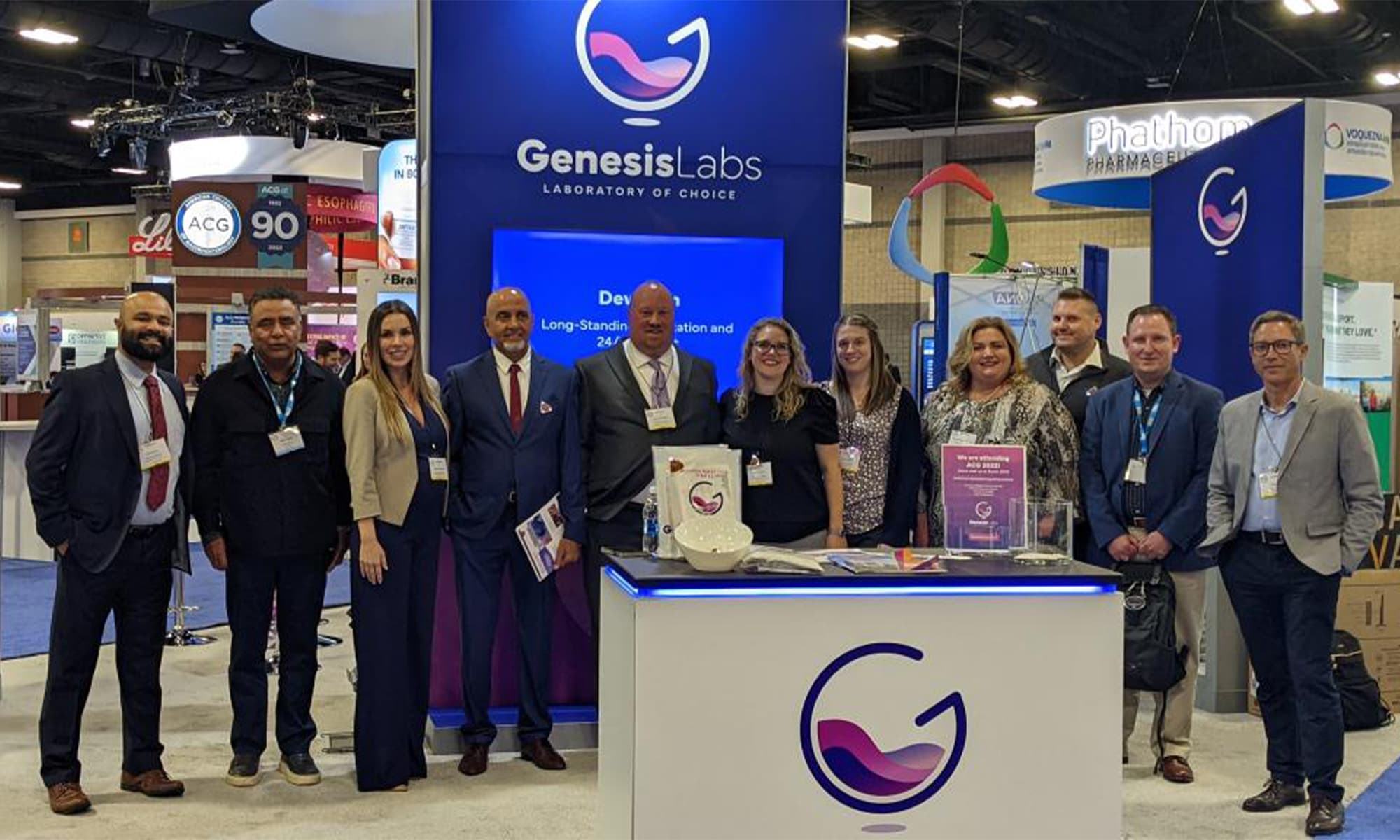
Laboratory of Choice
Children are not things to be molded but are people to be unfolded.
Science-first leaders whose compassion for healthcare providers and patients is incomparable.
Curabitur arcu erat, accumsan id imperdiet et, porttitor at sem. Nulla porttitor accumsan tincidunt.
Molecular Diagnostics
Syndromic Diarrhea Pathogen Panel
The Genesis Labs Syndromic Diarrhea Pathogen Panel uses polymerase chain reaction (PCR) technology to test for up to twenty gastroenteritis-associated pathogens in five clinically relevant categorizations. A single sample allows the physician to order testing under the following categorizations: Enterics, Extended Enterics, Parasites, Enteric Virals, C. Diff, or any combination of the five individual batteries. This algorithmic approach provides the same unparalleled clinical certainty and patient care as the Genesis Labs Expanded Diarrhea Pathogen Panel, but allows the care provider to narrow the series of tests based on patient history, clinical expertise, complimentary testing methodologies, etc.
Genesis Labs Syndromic Diarrhea Pathogen Panel Targets
Targeted Enteric Parasite Panel
- Cryptosporidium
- Entamoeba histolytica
- Giardia lamblia
Targeted Enteric Viral Panel
- Adenovirus F 40/41
- Astrovirus
- Norovirus GI/GII
- Rotavirus A
- Sapovirus (I, II, IV, and V)
Targeted Enteric Parasite Panel
- Clostridium difficile (Toxin A/B) / positive reflex to active toxin detection assay*
Molecular Diagnostics
Molecular Diagnostics
Keep up-to-date with Genesis Labs.
46th Annual New York Course Conference
sean@rizco.com2022-12-02T15:58:47+00:00December 2, 2022|
Florida Digestive Diseases Update 2022
sean@rizco.com2022-12-02T16:49:20+00:00December 2, 2022|
Post ACG Conference
genesislabs222022-11-18T14:40:41+00:00November 17, 2022|
References
*The detection of toxigenic Clostridium difficile (for toxins A/B) on the Genesis Lab Diarrhea Pathogen Panel indicates the presence of genes that encode for enterotoxin A/B but not the toxins themselves. Therefore, the detection of toxigenic Clostridium difficile without the presence of the toxins (A/B) could suggest a carrier state with no active toxin production. Detection of both toxigenic Clostridium difficile and the active toxin would be consistent with Clostridium difficile illness (CDI) if clinically suspected. Genesis Lab reflexes all detected toxigenic Clostridium difficile results to a second EIA-based assay which reports the presence or absence of the actively secreted toxins, A and B. A multistep algorithm for diagnosis of CDI which encompasses detection of the bacterium, the toxin, and the presence of inflammation (ie. calprotectin or lactoferrin) is currently recommended by many experts for definite CDI diagnosis and differentiation from carrier states.


